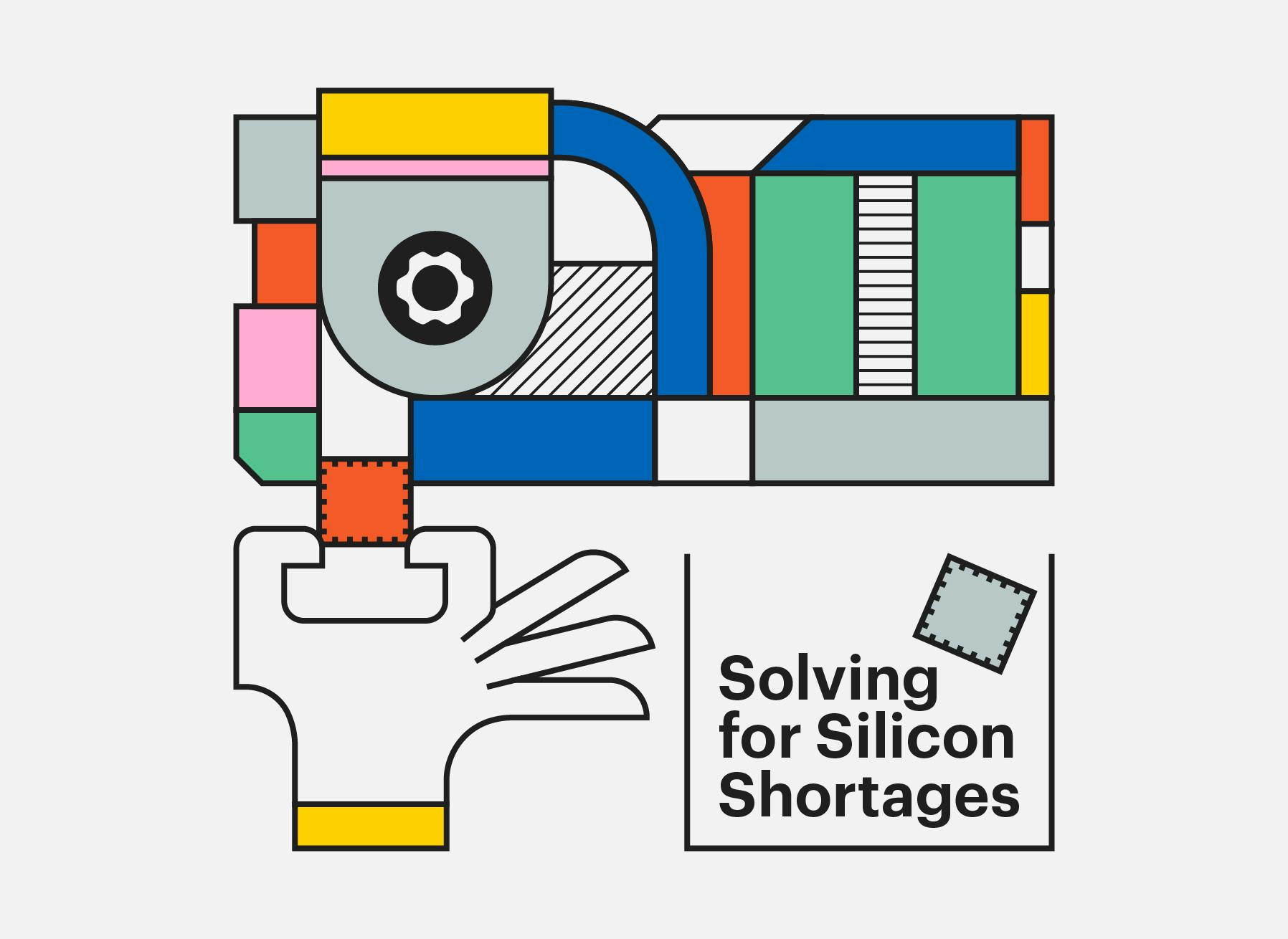Solving for Silicon Shortages

Building a fantastic team and choosing excellent partners let us ship the Framework Laptop in the most challenging time to launch a consumer electronics product in many years, but we’re not totally immune to the global silicon crunch. To keep ramping up production, we’ve switched to a different audio CODEC (the chip driving the speakers, headphones, and microphones) for Framework Laptops shipping starting late October.
First, for some background, the last eighteen months has been a pretty unbelievable period to launch a product in. At the start of the pandemic, companies across many industries canceled much of their production and shrunk future projections under the assumption of an extended global recession, resulting in cascading reductions and pauses through the supply base. Instead, exactly the opposite occurred. Demand increased massively, especially in computing due to remote working and remote education. This impacts silicon severely, as the pipeline is quite long, there is strong competition among different industries for the same fab capacity, and increasing capacity takes a very long time. Chips that would normally have 16-20 week lead times (meaning we’d place typically binding orders that far ahead of needing parts in our hands) went up to 52 weeks. In one case, we even got notified of a 68 week lead time on a chip! That is nearly as long as Framework has existed as a company.
With the team and partners we have, we anticipated these shortages and were able to get access to parts we needed in almost all cases. In some instances, we had to take creative workarounds like picking up the last reels of RGB LEDs available anywhere for our power button from a dropshipper in Poland. In one case though, we made a design change. We were able to get enough Realtek ALC295 audio CODECs to develop the Framework Laptop and get through the first few months of production, but nowhere near enough to fulfill ongoing demand from the US and Canada, let alone the additional countries we’d like to ship to. Luckily, we were able to find an alternative CODEC that lets us stay in production: the Tempo 92HD95B.
![]()
Tempo picked up their CODEC and IP catalog including the 92HD95B from IDT, which in turn acquired it from SigmaTel, one of the great old audio silicon design companies. The CODEC happens to have the exact set of capabilities needed for the Framework Laptop and is fully supported in both Windows and Linux. There are trade-offs compared to the Realtek part we were previously using though. The ALC295 is a “smart amp,” meaning it has some DSP capability for speaker protection and equalization. However, we were never able to get the necessary support from Realtek to properly utilize the chip, so much of the functionality is turned off. On the other hand, the Tempo part is just a “dumb amp” that relies on the OS or application for audio processing, and it ends up being slightly more power efficient as a result. All in all, we consider this a reasonably neutral trade in exchange for being able to continue building Framework Laptops.
